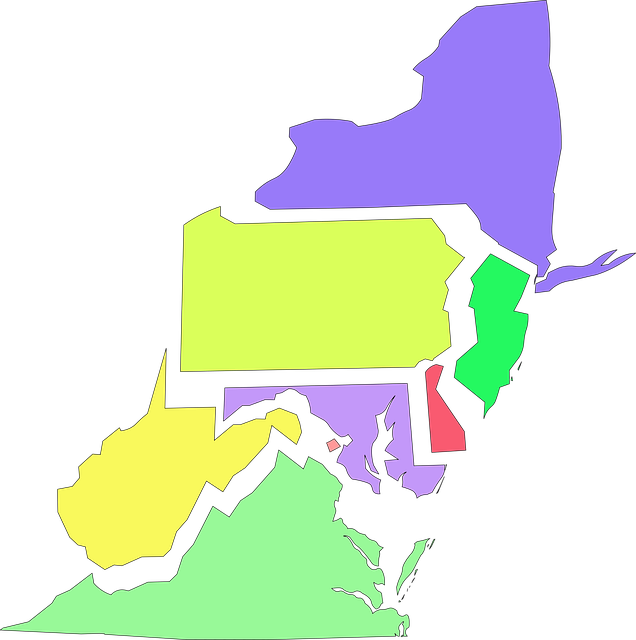West Virginia has established a robust legal framework to address the issue of robocalls, balancing consumer privacy with free speech. The state's Telemarketing Act and related rules target nuisance calls, especially those made without consent. Consumers can protect themselves through do-not-call lists, fines for violators, and legal action against unwanted automated calls via specialized Robocall Lawyer West Virginia, Spam Call Law Firm West Virginia, or Lawyer for Robocall West Virginia. Local experts navigate the complex legal landscape to ensure fair marketing practices and provide recourse for infringed rights related to robocalls.
In the age of digital connectivity, West Virginia residents, like many across the nation, face an increasing onslaught of robocalls. Balancing free speech and consumer protection in this context presents a complex challenge. This article explores West Virginia’s approach to tackling robocall legislation through an in-depth analysis of current laws, their impact on both consumers and businesses, and strategies employed by Robocall Lawyer West Virginia and Spam Call Lawyers West Virginia to navigate these intricate issues. Discover how legal experts are safeguarding consumer rights while ensuring a fair playing field for legitimate communication.
Understanding the Complex Landscape of Robocalls and Consumer Protection in West Virginia
In West Virginia, the landscape of consumer protection against robocalls has evolved into a complex web of laws and regulations. With the proliferation of automated phone calls for marketing purposes, often referred to as robocalls, consumers have been left increasingly frustrated by unwanted and intrusive phone spam. This issue prompted the state to implement specific laws targeting these nuisance calls, particularly those made without consent. West Virginia residents now benefit from protections under the Telemarketing Act and related state regulations, which empower them to take action against violators through a dedicated robocall lawyer or spam call attorney.
The challenge lies in balancing consumer rights with the need for free speech. Legislation must strike a delicate chord by allowing legitimate businesses to reach customers while also providing avenues for consumers to seek relief from unwanted calls. West Virginia’s approach involves strict enforcement of do-not-call lists, fines for violators, and the availability of legal recourse for affected individuals through spam call law firms in the state. This comprehensive strategy ensures that residents can enjoy their right to privacy while also enabling businesses to engage in responsible marketing practices.
The Role of Legislation: A Comprehensive Look at Anti-Robocall Measures in West Virginia
In response to the growing nuisance and potential harm caused by robocalls, West Virginia has taken a proactive approach through comprehensive legislation. The state’s anti-robocall measures aim to protect consumers while ensuring free speech rights are upheld. These laws empower residents with tools to combat unwanted automated calls, offering both individual protections and broader regulatory frameworks.
West Virginia’s robocall lawyer and attorney communities play a vital role in this ecosystem. Spam call law firms and lawyers specializing in robocalls assist consumers in navigating legal options, seeking remedies for violation of spam call laws, and advocating for stricter regulations. Their expertise guides individuals through the complexities of the law, ensuring fair practices and providing recourse when rights are infringed upon by intrusive robocalls.
Strategies for Robocall Lawyer West Virginia: Balancing Free Speech and Consumer Rights
Robocall lawyers in West Virginia face a delicate balancing act when representing clients affected by unsolicited robocalls. While upholding the principle of free speech, these attorneys must also protect consumer rights and ensure compliance with anti-spam call laws. A strategic approach is essential to navigate this complex landscape.
One key strategy involves understanding the nuances of current spam call legislation in West Virginia. This includes staying updated on regulations that restrict automated calls, such as those made without prior consent or for promotional purposes. Robocall attorneys can then advise clients on legal advertising practices, helping them avoid potential violations. Additionally, they can employ defensive measures like request verification systems to ensure calls comply with consumer protection laws, thereby balancing free speech rights while safeguarding consumers from intrusive and deceptive practices.






